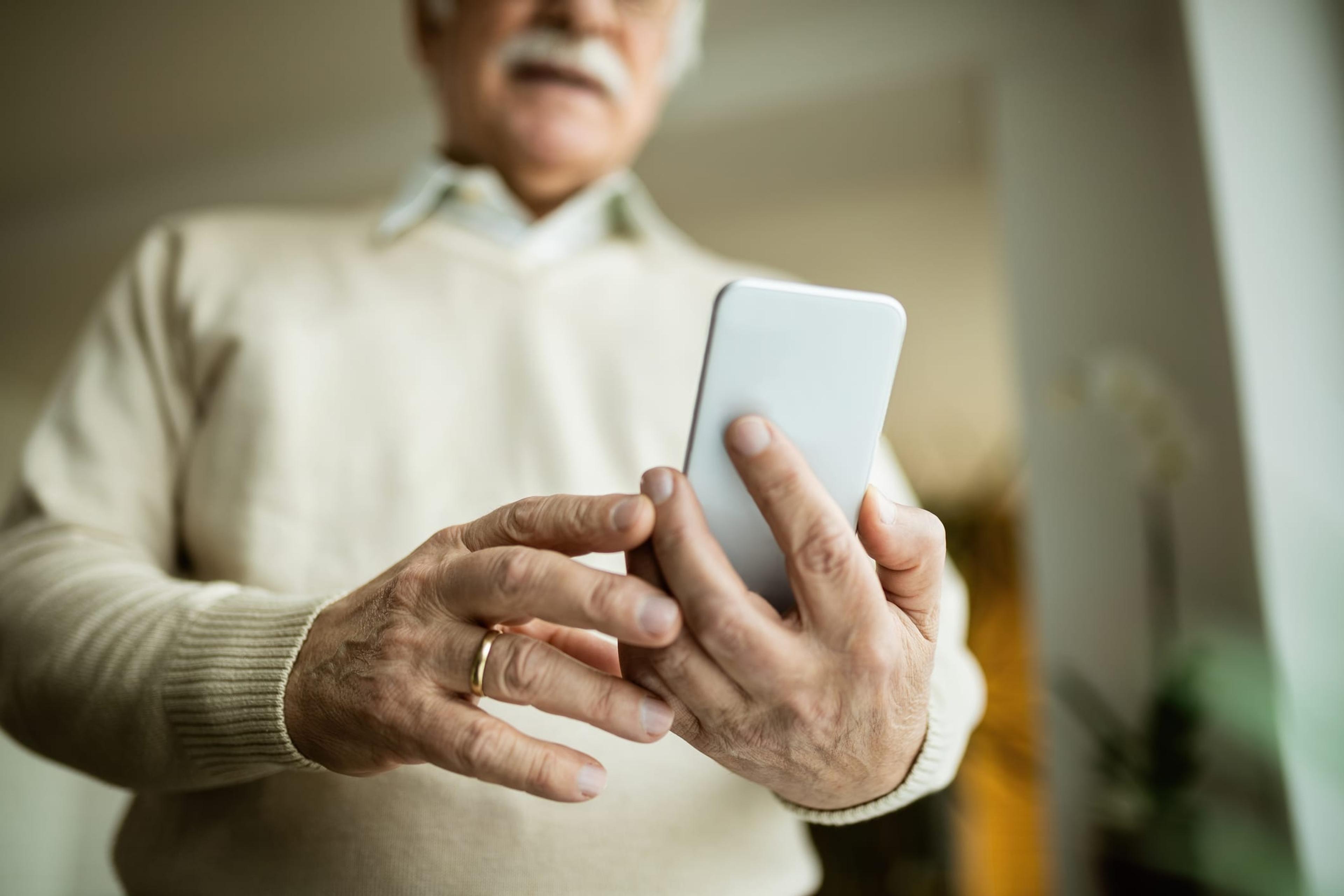The iPhone 12 Could Affect Your Implanted Cardiac Device
Amy Barczy
| 2 min read
Amy Barczy is a former brand journalist who authored...

If you have an implanted pacemaker or defibrillator, you may want to keep your iPhone away from your chest. A team of doctors at Henry Ford Heart & Vascular Institute in Detroit recently found magnets inside the iPhone 12 are powerful enough to turn off implantable defibrillators. Findings from the Henry Ford team, led by cardiologist Dr. Gurjit Singh, have caused Apple to issue a warning about the iPhone 12. One of the new features to the iPhone 12 is a strong magnet that allows the device to maximize its wireless charging ability; but that magnet could interfere with lifesaving cardiac devices. Once installed in a patient’s chest, pacemakers and implantable defibrillators are adjusted by doctors using external magnets. “Obviously, we can’t perform surgery every time we need to control one of these devices, which is why they are engineered to allow us to use strong magnets over the chest to control their function,” said Dr. Singh. The discovery began with Dr. Joshua Greenberg, a heart rhythm fellow working under Dr. Singh who recently got an iPhone 12 Pro. Dr. Greenberg read the manual in detail, and found his new phone had a powerful magnet on the back to help it wirelessly charge. They then wondered if the iPhone 12 would affect the safe operation of these devices. Pacemakers – which use electricity to keep the heart beating – could cause the heart to beat out of sync if a strong magnet interferes. Implantable defibrillators, which detect an irregular heartbeat and shock the heart back into rhythm, could also be turned off by a strong magnet. Dr. Singh and his team put the phone to the test: when an iPhone 12 Pro was passed over a patient’s chest who had an implantable defibrillator, the defibrillator was deactivated. “We were all stunned,” Dr. Singh said. “We had assumed that the magnet would be too weak in a phone to trip the defibrillator’s magnetic switch.” Apple has since issued a warning to those with implanted pacemakers and defibrillators, advising to keep iPhone and MagSafe accessories at least six inches away from cardiac devices – or more than 12 inches away if wirelessly charging. Dr. Singh also advised third-party cases on other phones may also pose an interference threat to individuals with implanted cardiac devices. Dr. Singh and his colleagues, as well as the U.S. Food and Drug Administration, are continuing to investigate the affects of iPhones on pacemaker and implanted defibrillator brands. More from MIBluesPerspectives:
- Is Your Diet Affecting Your Heart Health?
- How to Tell Your Risk for an Unhealthy Heart
- Exploring Men’s Health Disparities
Photo credit: Drazen Zigic





